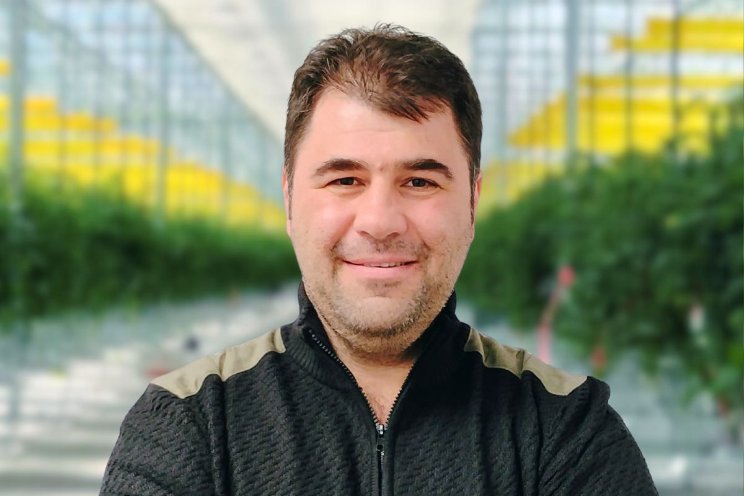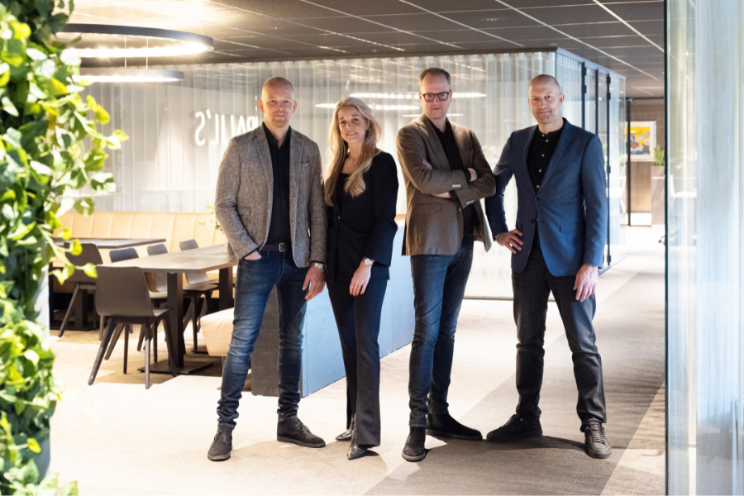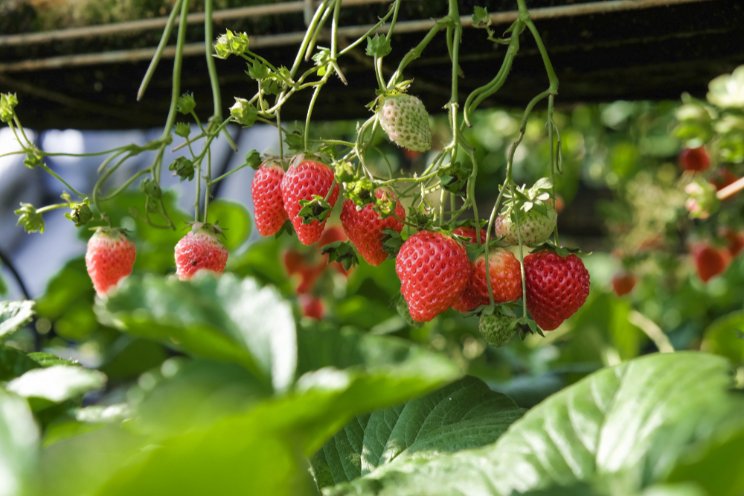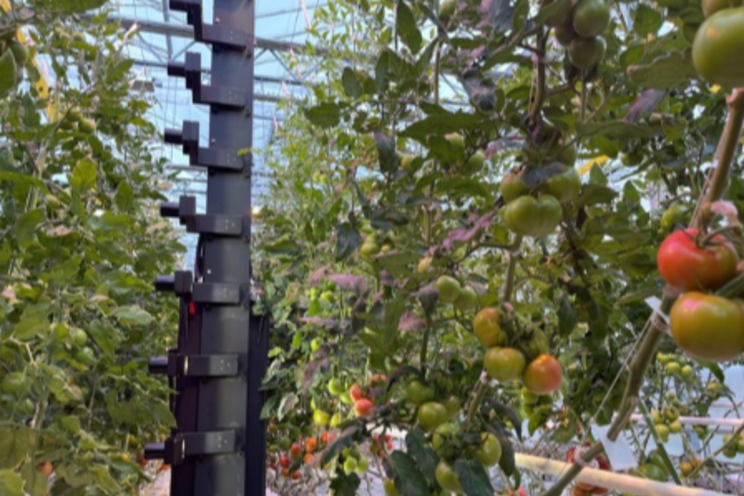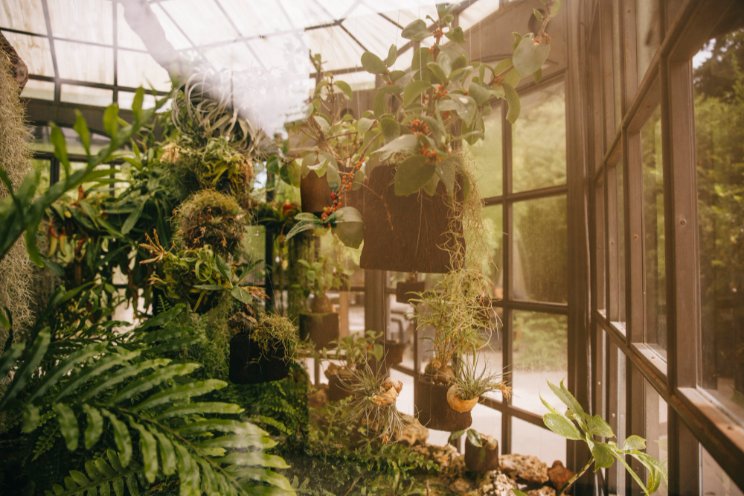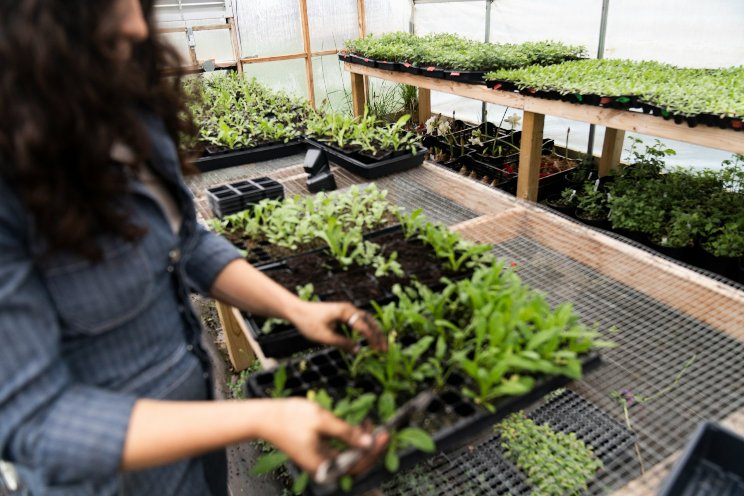Cold Chain Management: Learning the ropes from Saudi horticulture
Added on 27 November 2024
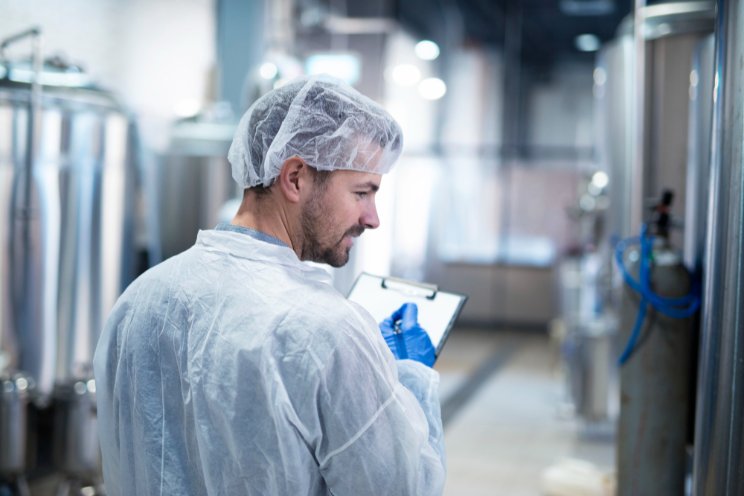
At the heart of cold chain management in Saudi Arabia is the development of temperature-controlled logistics and storage systems. These systems are designed to ensure that freshly harvested produce remains at optimal temperatures during every stage of the supply chain. When crops are harvested—whether from local greenhouse farms or imported from regions like Sudan, Ethiopia, or Europe—they are immediately cooled to preserve their quality. Saudi Arabia has made considerable investments in cold storage facilities located near agricultural zones and major urban centers like Riyadh and Jeddah. These facilities are equipped with advanced refrigeration technologies that can maintain the specific temperature needs of various crops. For example, leafy greens like lettuce and herbs require near-freezing temperatures to prevent wilting, while crops like tomatoes and peppers are stored at slightly higher temperatures to avoid chilling injury.
Transportation is another critical part of the cold chain. Produce is often moved over long distances, and without adequate refrigeration during transport, it would spoil quickly in Saudi Arabia’s extreme heat. The kingdom has invested heavily in a fleet of refrigerated trucks and cold containers to transport horticultural products between farms, storage facilities, and retail outlets. These refrigerated trucks are equipped with GPS-enabled temperature monitoring systems, which allow for real-time tracking and adjustments to ensure that the temperature remains stable throughout the journey. This technology is essential for maintaining the quality of horticultural imports from overseas farms, especially given the long distances involved.
A critical step in the cold chain process is postharvest cooling. Immediately after harvest, produce needs to be cooled to remove the field heat it retains. This is especially important in Saudi Arabia, where high temperatures can cause rapid spoilage if the produce is not properly handled. Advanced post-harvest cooling techniques such as forced-air cooling, hydrocooling, and vacuum cooling are commonly used. Forced-air cooling, for instance, forces cold air through the product in crates, rapidly lowering its temperature. Hydrocooling, which involves the use of chilled water, is often employed for crops like cucumbers and lettuce. Vacuum cooling is particularly effective for leafy vegetables, where the reduction of air pressure in a sealed container leads to rapid cooling. These techniques are crucial for stabilizing the temperature of produce, ensuring that it remains fresh as it moves through the supply chain.
But that’s not all. Smart packaging has rapidly emerged as a key innovation in Saudi Arabia’s cold chain management for horticultural products, offering business opportunities for agri-tech companies and logistics providers. These solutions are transforming how perishable goods like fruits, vegetables, and herbs are preserved and transported, especially in a region where temperature control is critical.
Modified Atmosphere Packaging (MAP) is one such technology that Saudi businesses are using to extend the freshness of horticultural produce. By adjusting the composition of gases inside the packaging—reducing oxygen and increasing carbon dioxide levels—this method slows the ripening process and prevents spoilage. MAP is particularly suited for crops like tomatoes, strawberries, and leafy greens, which are highly perishable. For companies involved in packaging, investing in MAP technology represents a substantial opportunity to supply Saudi Arabia’s horticultural sector with a means to reduce post-harvest losses, especially given the kingdom’s focus on increasing domestic food production.
An area of significant growth potential is the development of sensor-enabled packaging. This technology allows real-time monitoring of the internal conditions of packaging, such as temperature, humidity, and gas levels, using Internet of Things (IoT) sensors. These sensors can send alerts when conditions inside the packaging deviate from optimal levels, giving logistics managers the ability to act quickly and prevent spoilage. In a region like Saudi Arabia, where high temperatures can disrupt cold chain logistics, this offers real-time visibility and actionable data, making it a critical innovation for companies involved in long-distance distribution of horticultural products.
Companies working in IoT, sensor technology, and sustainable packaging can tap into this demand by providing the packaging solutions that Saudi producers need. The adoption of smart packaging will not only help extend product shelf life but also reduce food waste—a key concern in Saudi Arabia’s food security agenda. Entrepreneurs in the packaging space could partner with greenhouse operators or horticultural export businesses to offer tailored packaging solutions that ensure optimal freshness from farm to retailer.
European firms with expertise in developing and manufacturing these packaging solutions can enter the Saudi market by offering their technology to Saudi greenhouse operators, logistics providers, and exporters. Given the demand for extended freshness during long transport periods, particularly in exports to Gulf Cooperation Council (GCC) countries, there is a strong business case for collaborating with Saudi stakeholders to supply advanced packaging that helps optimize product life cycles.
As Saudi Arabia pushes forward with its Vision 2030 agenda, sustainability is becoming an integral part of the kingdom's horticulture strategy. European businesses, which are at the forefront of sustainable farming, energy-efficient logistics, and green tech, can offer expertise and technologies to help Saudi Arabia reduce its environmental footprint in horticulture.
Solar-powered cold storage, biodegradable packaging, and energy-efficient refrigeration systems are all areas where European businesses excel and could significantly contribute to Saudi Arabia’s push for sustainable cold chain operations. Moreover, given Europe’s advances in circular economy principles, European firms could support Saudi Arabia in creating closed-loop supply chains where waste is minimized, and resources are reused efficiently.
For instance, Netherlands-based logistics firms, which have vast experience in handling perishable goods for export, could bring their technological know-how and supply chain strategies to help Saudi producers establish efficient, reliable export routes to neighboring countries. There is also potential to collaborate on regional cold storage facilities, ensuring that produce can be quickly distributed across borders to meet demand from GCC nations like the UAE, Kuwait, and Bahrain.
Why does all of this matter ? Saudi Arabia’s domestic market is growing, but its regional export ambitions are what will drive significant demand for high-quality logistics and export partnerships. European companies, particularly those involved in advanced cold chain logistics, can play a central role in helping Saudi producers reach new markets.
Author: Daniel Ciurea
More news
